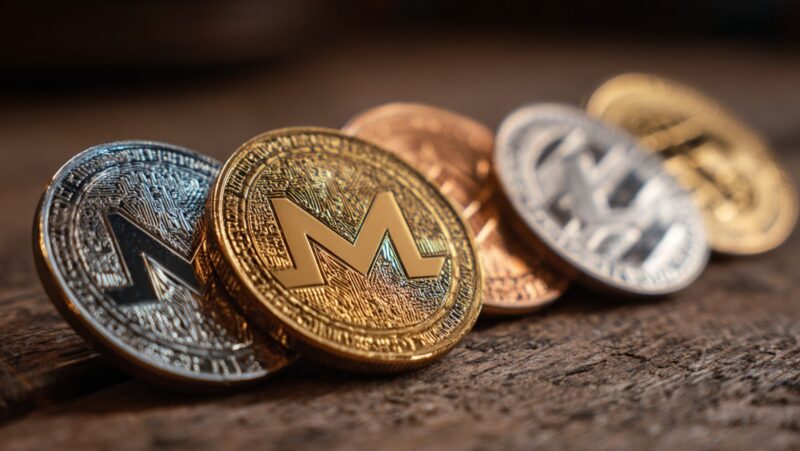
Imagine entering the dynamic space of Ethereum. It goes beyond a mere cryptocurrency; it’s an amalgamated platform of finance, technology and creativity powered by blockchain. For those dipping their toes or looking to deepen their expertise, mastering Ethereum unveils numerous possibilities. The first steps involve grasping the essentials.
At Ethereum’s core lies the ability to automate agreements through smart contracts, where the contract terms are embedded within code. Initiating this journey with Solidity, Ethereum’s programming language is vital. It resembles learning a new dialect—challenging yet fulfilling. Additionally, familiarizing yourself with how to calculate the ETH transaction cost becomes crucial for any user. One indispensable tool, an Ethereum transaction calculator, provides insights into the fluctuating costs of network operations.
A robust understanding of Ethereum’s architecture, including its virtual machine (EVM), gas system and consensus mechanism, provides a solid foundation. This knowledge aids in writing efficient smart contracts, optimizing gas usage and comprehending network dynamics. As Ethereum continues to evolve with upgrades like sharding and layer 2 solutions, staying abreast of these developments becomes increasingly important for excelling in this domain.
Furthermore, developing proficiency in Ethereum also involves understanding its ecosystem. This includes familiarity with popular Ethereum wallets, exchanges and tools such as Metamask, Etherscan and Remix IDE. Engaging with the vibrant Ethereum developer community through forums, meetups and hackathons can provide valuable insights and networking opportunities to further enhance one’s skills and knowledge in this rapidly evolving space.
Fundamentals of Ethereum Wallets and Transactions
Ethereum wallets are your gateway to its ecosystem, housing your Ether and transaction history. Choosing between the security of hardware wallets or the accessibility of software wallets marks an important decision. Further, mastering transaction processes, from trading to engaging with decentralized applications (DApps), serves as a practical experience critical for anyone in the Ethereum space.
Security should remain a top priority when handling Ethereum wallets and transactions. Best practices include keeping private keys secure, using hardware wallets for significant holdings and regularly updating software wallets. Additionally, it’s crucial to verify transaction details before confirming, as transactions on Ethereum are irreversible once executed. Developing a keen eye for spotting phishing attempts and other security threats is also essential in safeguarding one’s Ethereum assets.
Understanding Mining and Staking in Ethereum
Those with a technical bend might explore mining or staking as avenues to support and benefit from the Ethereum network. Mining necessitates computational resources to validate transactions and form new blocks. With the transition to Ethereum 2.0 and its proof-of-stake model, staking emerges as an alternative, requiring participants to lock up ETH as a form of network security. A deep dive into Ethereum’s mechanics is essential for both activities.

Aspiring miners or stakers should also consider the economic aspects of these activities. Profitability calculations involve factors such as hardware costs, electricity rates, network difficulty for mining and the amount of staked ETH and reward rates for staking. As Ethereum transitions fully to proof-of-stake, understanding the implications of this shift on mining and staking dynamics becomes crucial for informed participation.
The World of Decentralized Finance (DeFi)
DeFi has surged on Ethereum, offering novel financial services from decentralized exchanges (DEXs) to lending platforms. Participating in DeFi not only requires an operational knowledge of Ethereum transactions but also a cautious approach to its risks and required safety practices. It resembles navigating uncharted waters, exciting yet warranting caution.
Community Involvement and Continuous Learning
As Ethereum evolves, so does the need for ongoing learning and community interaction. Engaging with forums, online courses and workshops proves invaluable for staying current. Participation also fosters opportunities for collaboration and innovation, enhancing one’s understanding and contributions to Ethereum.

Embarking on the Ethereum mastery journey demands persistence, inquisitiveness and an openness to immerse in novel concepts. From blockchain fundamentals to the intricacies of smart contracts and DeFi, the learning scope is expansive. Yet, those ready to take on this challenge find themselves rewarded not just in potential gains but also in acquired knowledge and community spirit.


